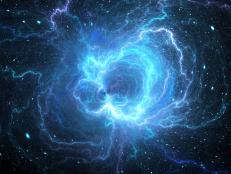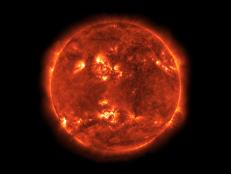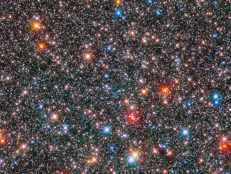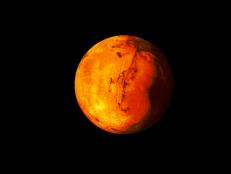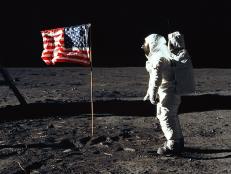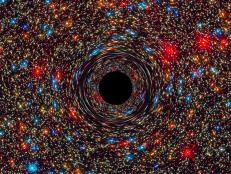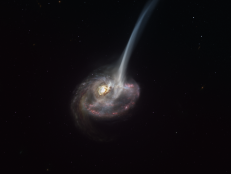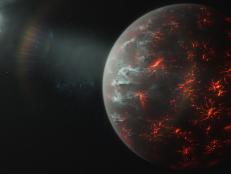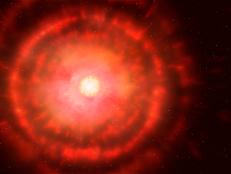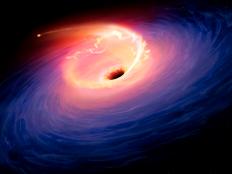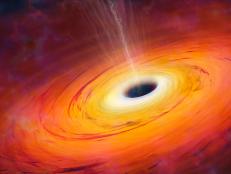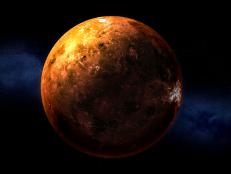All Space Articles
Showing 16 - 30 of 491 results
Why We Know Nothing about Dark Matter and Dark Energy
Welcome to the era of precision cosmology…where we’ve managed to very precisely measure everything we don't know about the universe.
This Is How Our Sun Will Die
Every star you see in the sky, including the sun, will someday die. It’s best to get used to that idea now, before things start to get heavy.
Small Galaxies Matter Too
Long ago, our universe was without stars. When that first generation ignited, it completely transformed the cosmos, ripping away the veil of neutral gas that had persisted for hundreds of millions of years. This process, called reionization, is largely mysterious to astronomers. But new research is revealing that the smallest of galaxies may have played the biggest of roles.
Want the Ultimate Off-the-Grid Challenge? Try Mars
Mars is the ultimate off-the-grid experience--far grittier, far harder, and far… redder than even the most remote locations on planet Earth. Let’s break down some of the challenges that people will have to face in order to survive and thrive on our neighbor in the solar system.
Why Aren't There Stars in the Moon Landing Photos?
A vocal minority believes that the moon landing was all an elaborate hoax filmed on a sound stage in Hollywood, but it's no hoax. Here's why...
The Death of Black Holes
According to NASA, "A black hole is a place in space where gravity pulls so much that even light can not get out. The gravity is so strong because matter has been squeezed into a tiny space. This can happen when a star is dying." But what happens when a black hole dies?
A Eulogy for a Galaxy
ID2299, a galaxy 13.8 billion light years away, died far too young.
Asteroid Ryugu Has Dust Grains Older Than the Sun. How?
In 2018 the Japanese space agency sent the Hayabusa2 mission to the asteroid Ryugu, As a part of that mission, the spacecraft blasted material off the surface of the asteroid, put it in a bottle, and sent it back to Earth. Two years later that sample landed in the western deserts of Australia.
Say Hello to a Planet So Hot that the Oceans are Lava and it Rains Rocks
Exoplanets are planets orbiting stars outside the solar system, and every month seems to bring in a new batch of weird, wild, and wonderful worlds.
How Stars Die: The Big Ones
Sometimes when you want to go out, you want to go out with a bang.
The Case of the Missing Black Hole
You would think that objects weighing billions of times the mass of the sun would be easy to find. Alas, it’s rarely that simple.
The End of the Universe: The Fall of Light
There was a time, a time long, long ago, before the first stars appeared. The universe was young then and less than a billion years old. But will the fall of light be the end of the universe?
Too Big to be a Neutron Star, Too Small to be a Black Hole. What Am I?
Okay, stars die in all sorts of interesting and cosmically expressive ways (except the red dwarf stars, who just sort of…stop).
Life on Venus… Maybe Not So Lively
All planets with evidence of life please take a step forward. Not so fast, Venus.



































































